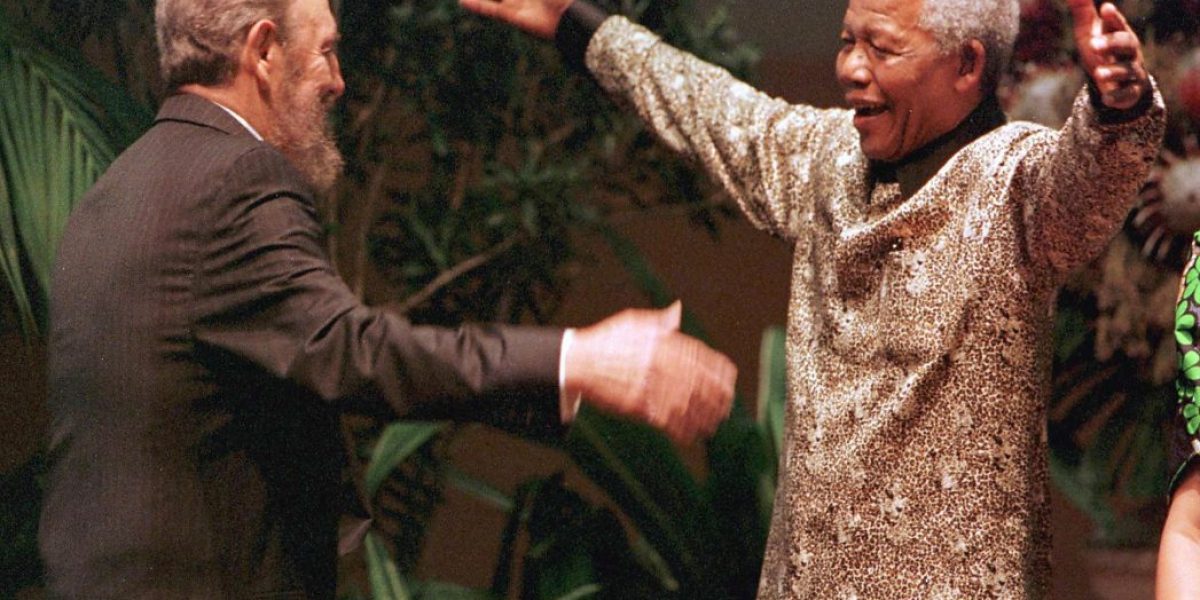Scholars typically draw on secondary material from their colleagues, newspaper reporting, and the public speeches of government officials to elucidate how South Africa crafts and carries out its foreign policy.
This approach is now changing. The accessibility of previously classified archival documents and the availability of former policy makers for research interviews promise new insight into the process of South African foreign policy decision-making. SAIIA invites you to an in-depth discussion on the state of foreign policy studies in South Africa and the power of primary research to alter key ideas about the conduct and content of South African foreign policy.
Speaker
Dr Christopher Williams is a Bradlow Fellow at SAIIA and Postdoctoral Fellow at the University of Witwatersrand. During his dissertation research he consulted a wide array of South African archives and interviewed more than two dozen former South African defence and foreign affairs officials.
Discussant
Aziz Pahad served as South Africa’s Deputy Foreign Minister from 1994 – 2008.
More about the presentation
The ways in which scholars examined and explained South Africa’s post-apartheid foreign policy did not appreciably evolve for the first two decades after the country’s democratic transition. Analysts generally drew on secondary material from other scholars, newspaper reporting, and the public speeches of government officials to elucidate how South Africa crafted and carried out its foreign policy.
This methodological torpor is changing due to the accessibility of previously classified archival documents and the availability of former policymakers for research interviews. These rich new sources of primary data portend the advancement of South African foreign policy scholarship on several fronts.
First, they offer insight into foreign policy decision-making processes. Second, they help advance the effort to decolonise international relations scholarship through utilising the written record created by, and the recollections of, South African officials from the Nelson Mandela and Thabo Mbeki Administrations. And third, these documents encourage a critical reevaluation of many of the traditional understandings and tropes that have come to dominate the study of South African foreign policy.
This presentation outlined the state of foreign policy studies in South Africa and then highlighted some of the cutting-edge primary research that has recently taken place.
It discussed the difficulties in conducting such research, and weighed these difficulties against the substantial benefits such research can deliver.
It concluded by illustrating the power of this primary research in altering key ideas about the conduct and content of South African foreign policy through three examples that demonstrate how drawing on primary sources can correct important misunderstandings about foreign policy during the presidency of Nelson Mandela.


